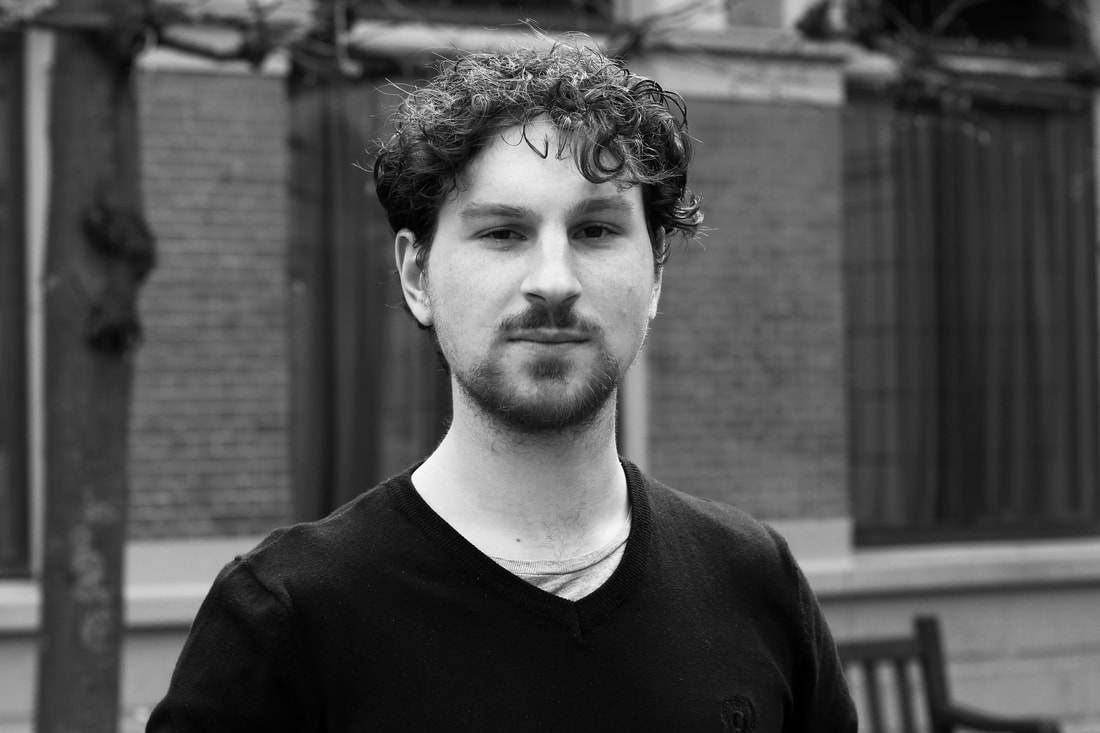Project description:
Drought as a result of human-induced climate change is an urgent challenge worldwide. This project investigates societal resilience to drought in coping with shortages of drinking water. In the Netherlands, before the introduction of piped water in the nineteenth century, the access to drinking water was highly flexible and adaptable. People procured water from multiple sources: groundwater, rainwater, and surface water. The research question is: in what ways did the practices and norms and values regarding the provisioning and use of drinking water develop in the Netherlands during the period 1550-1850, and how did they contribute to societal resilience to drought under differing environmental and social conditions? We make comparisons between dry and humid periods and investigate case-studies in two different regions: in the higher elevations of the Eastern Netherlands, with access to good ground water and surface water, and in the low-lying Western Netherlands, which depended on rain water, because ground water and surface water were brackish and polluted by industrial and human waste. The main aim of this project is to deepen knowledge about societal resilience to climate change. This cross-field project will be innovative, combining the environmental history subfields of weather-and-climate history and drinking water history. The method will allow identification of factors which contributed to societal resilience to drought over the long-term and make possible the exploration of drought as an agency in historical explanations. In addition, our historical imaginaries may inspire the general public and professionals to seek creative adaptations to climate change.
